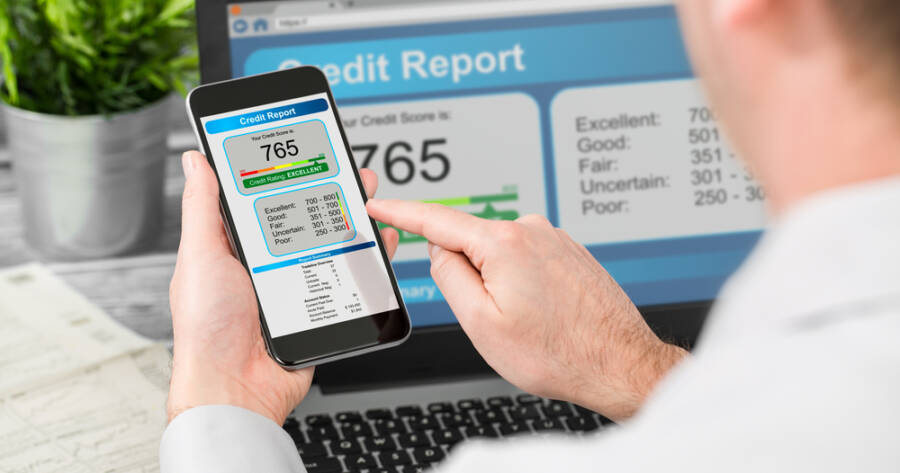Your credit score plays a key role in your financial life. It affects your ability to get loans, credit cards, and even rental housing. A higher score can lead to lower interest rates and better financial opportunities. Many people struggle with low scores, but improving them is possible with the right steps. By making smart financial decisions, you can steadily build a strong credit history and enjoy the benefits.
1. Pay Your Bills on Time
One of the most important factors in your credit score is your payment history. Lenders want to see that you can consistently pay your bills on time. Even one late payment can hurt your score, so it’s crucial to stay on top of due dates.
Setting up automatic payments or reminders can help ensure you never miss a deadline. If you’re struggling to pay on time, contact your lender to discuss options like a payment plan. Making at least the minimum payment each month keeps your account in good standing and prevents damage to your credit.
2. Reduce Your Credit Card Balances
Your credit utilization ratio—how much credit you use compared to your total credit limit—affects your score. If you use too much of your available credit, lenders may see you as a higher risk.
To improve your credit score, try to keep your credit utilization below 30%. For example, if you have a total credit limit of $10,000, aim to keep your balance under $3,000. Paying down existing balances and avoiding unnecessary charges can help lower your utilization rate. If possible, make multiple payments throughout the month to keep your balance low.
Another way to improve your credit utilization is by requesting a credit limit increase. If your lender approves a higher limit and you maintain the same spending habits, your utilization ratio will decrease. However, be careful not to use this as an excuse to spend more, as high balances can still negatively impact your score.
3. Avoid Opening Too Many New Accounts at Once
Applying for multiple credit cards or loans in a short period can hurt your credit score. Each time you apply for credit, lenders perform a hard inquiry, which can temporarily lower your score. If you have several hard inquiries in a short time, lenders may see you as a risk, making it harder to get approved.
Instead of opening multiple accounts at once, space out your applications over several months. Focus on maintaining good credit habits with your existing accounts before taking on new credit. If you need a new credit card, study options carefully and apply only for the one that best fits your needs.
4. Check Your Credit Report for Errors
Mistakes on your credit report can drag down your score without you even realizing it. Errors such as incorrect account balances, duplicate accounts, or fraudulent activity can negatively impact your credit history.
To stay on top of your credit, review your credit report regularly. You can request a no-fee report from each of the three major credit bureaus—Experian, Equifax, and TransUnion—once a year at AnnualCreditReport.com. If you find any errors, report them immediately. The credit bureaus are required to investigate disputes and correct any mistakes, which could quickly improve your score.
5. Keep Old Credit Accounts Open
The length of your credit history is another important factor in your credit score. Closing old credit accounts can shorten your history and reduce your total available credit, which can hurt your score. Even if you don’t use an old card often, keeping it open can help maintain a longer credit history and a lower credit utilization ratio.
If you’re worried about inactivity leading to account closure, use the card for small purchases every few months and pay off the balance right away. This keeps the account active while maintaining a positive credit history.
Take Control of Your Credit Future
Improving your credit score takes time and consistent effort, but the benefits are worth it. A higher credit score can help you qualify for better interest rates, higher credit limits, and more financial opportunities.
By paying bills on time, keeping balances low, avoiding excessive credit applications, checking for errors, and maintaining old accounts, you can build a strong credit profile. Start making these changes today, and you’ll see long-term financial rewards.

